Five years after Burundi instituted a National Patriotism Day, some political and civil society leaders argue that the spirit of patriotism has yet to take root in the minds of many citizens — including national decision-makers.
Political party leaders and civil society voices say the spirit of patriotism remains weak among Burundians, five years after the institution of a National Day of Patriotism. Critics argue that the values meant to unite the nation are still misunderstood or manipulated, even by those in power
The annual event, held every June 8th in honor of the late President Pierre Nkurunziza, was established by presidential decree in 2021. The day aims to foster love for the nation, national unity, and moral values. However, voices from civil society and opposition parties say the reality on the ground tells a different story.
Faustin Ndikumana, head of the local civil society PARCEM, says the concept of patriotism remains misunderstood. Speaking on local media on Monday, he welcomed the idea of encouraging citizens to love their country but warned against misinterpreting what patriotism actually means.
“Reminding people to love their country is a noble gesture,” he said. “But the problem arises when some distort the meaning. Everyone naturally loves their homeland. The real issue is when political affiliations are used to question someone’s patriotism.”
Ndikumana emphasized that political disagreements should not be equated with a lack of love for the country.
“You can oppose those in power and still be patriotic,” he said. “At times, those who claim to love the country the most are the ones embezzling public funds. Supporting the ruling party doesn’t automatically make someone a patriot.”
He also warned against confusing the nation with its leaders. “No individual or political party should consider itself as synonymous with the state,” he added.
This perspective is echoed by Olivier Nkurunziza, Secretary General UPRONA, one of Burundi’s opposition parties. He acknowledged that the establishment of Patriotism Day shows it was deemed necessary — but said the country has yet to fulfill the ideals behind it.
“To be patriotic is to promote fairness, peace, and to eradicate favoritism, corruption, and blind loyalty to party politics,” Nkurunziza said. “If we assess the current situation, we haven’t achieved those goals.”
He pointed to ongoing issues such as injustice, corruption, and violations of the rule of law as evidence that patriotism, in practice, is still lacking. “We must work to end these problems if we are to cultivate a genuine spirit of patriotism,” he concluded.
The National Patriotism Day was established by decree on June 4, 2021. According to the document, the late President Pierre Nkurunziza — who ruled the country from 2005 to 2020 — is recognized as the “Supreme Guide of Patriotism in Burundi” for his alleged commitment to national sovereignty, spiritual values, and devotion to the homeland.
But this narrative is not universally accepted.
Critics argue that Nkurunziza’s legacy is controversial. While the government praises his role in promoting patriotism, others associate him with a period of political turmoil, especially after his 2015 bid for a third term — widely condemned as unconstitutional. The move sparked widespread unrest, forced thousands of Burundians into exile, and led to the closure of numerous independent media outlets.

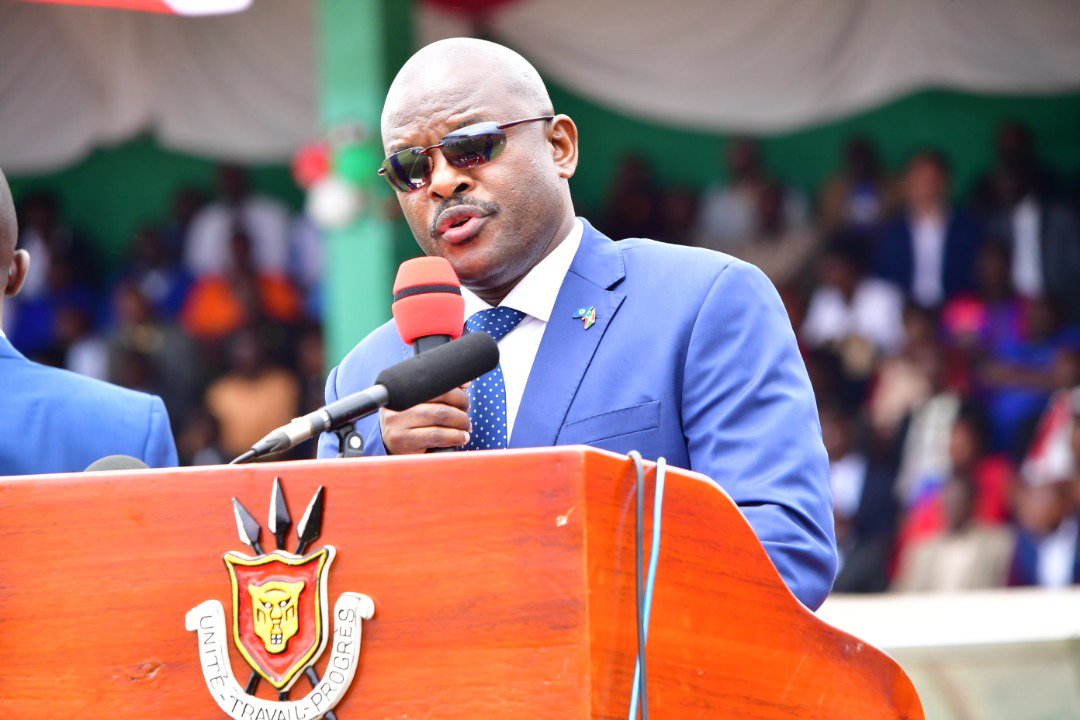

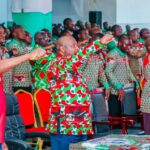
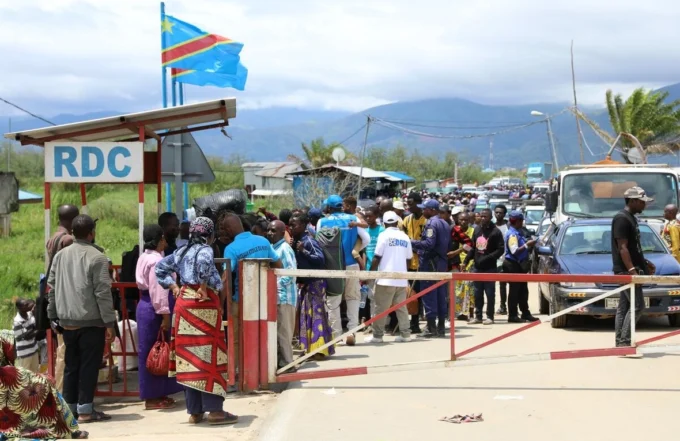
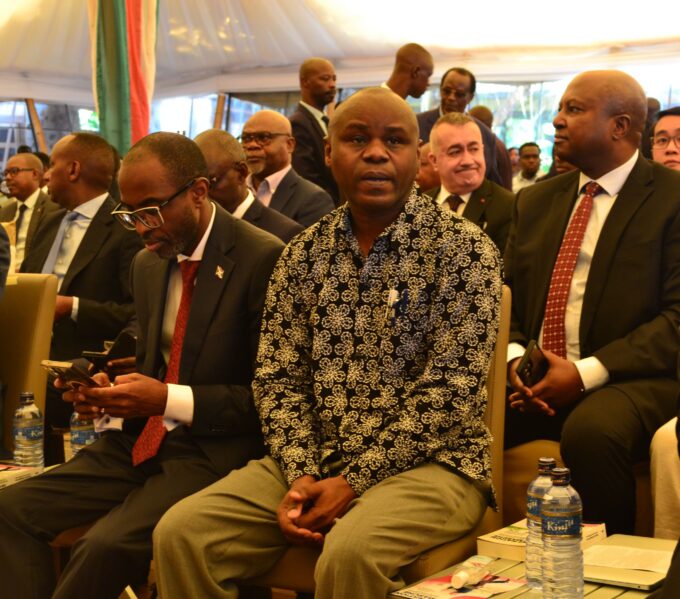

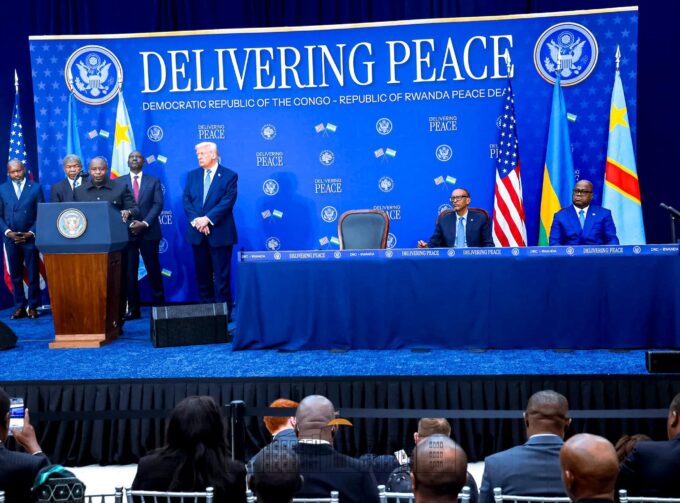
Leave a comment